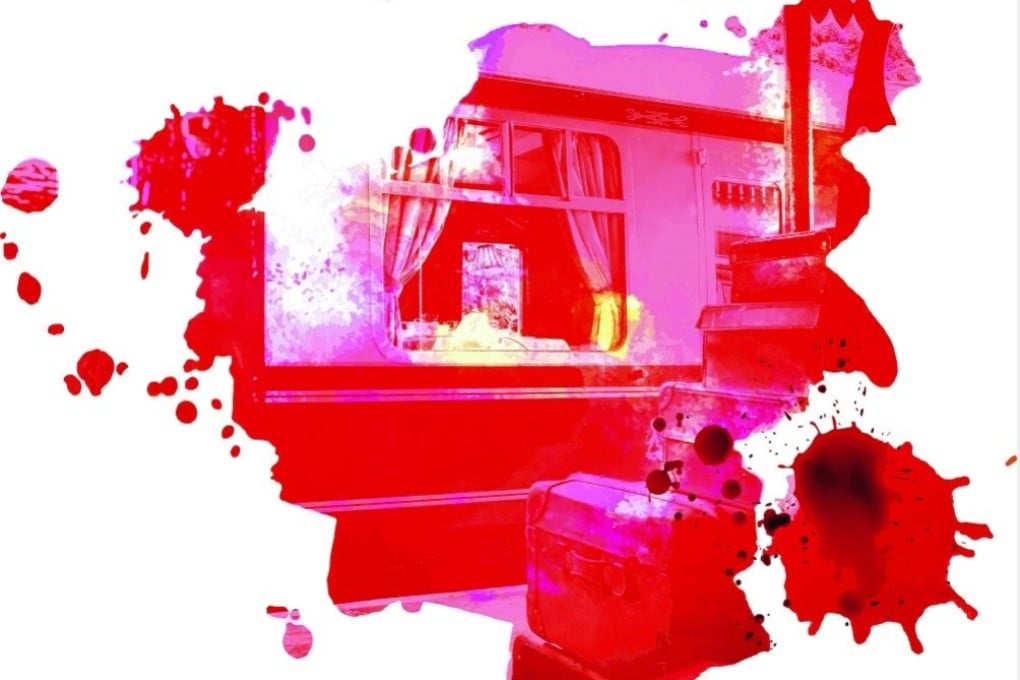Christmas fiction: Murder on the Shanghai Express – an original whodunit
- Detective Chief Inspector John Creighton’s journey home for the holidays is derailed by a death, a dagger and a few drinks. Sit back and enjoy the ride

Randal Purcell and John Creighton arrived at the door of their first-class couchette on the Shanghai Express at the same time. They would have to share the cramped accommodation, tickets being at a premium on the last Express of the year out of Peking and arriving in time for Christmas Day.
Despite living in the same city, the two Englishmen had never met, and moved in very different circles. They would just have to make the best of it. The first-class carriages were the last four, the furthest from the smoke and din of the engine, behind third and second class.
First class comprised two carriages of couchettes, a dining car and a rear carriage with a bar-cum-smoking observation car.
Purcell was keen to get home as friends had arranged a Christmas Eve’s carousing in town that would, he had been assured, commence at one of the better nightspots before ending up at several of the more notorious.

Detective Chief Inspector John Creighton, of the Shanghai Municipal Police, was also eager to get home. He wanted desperately to be with his wife and daughters enjoying a lavish Christmas feast before putting up his feet in front of the fire and smoking his pipe.
The two men nodded curtly and exchanged minor, seemingly disinterested, pleasantries the way all Englishmen do in foreign parts when unexpectedly encountering another of the same peculiar species.
